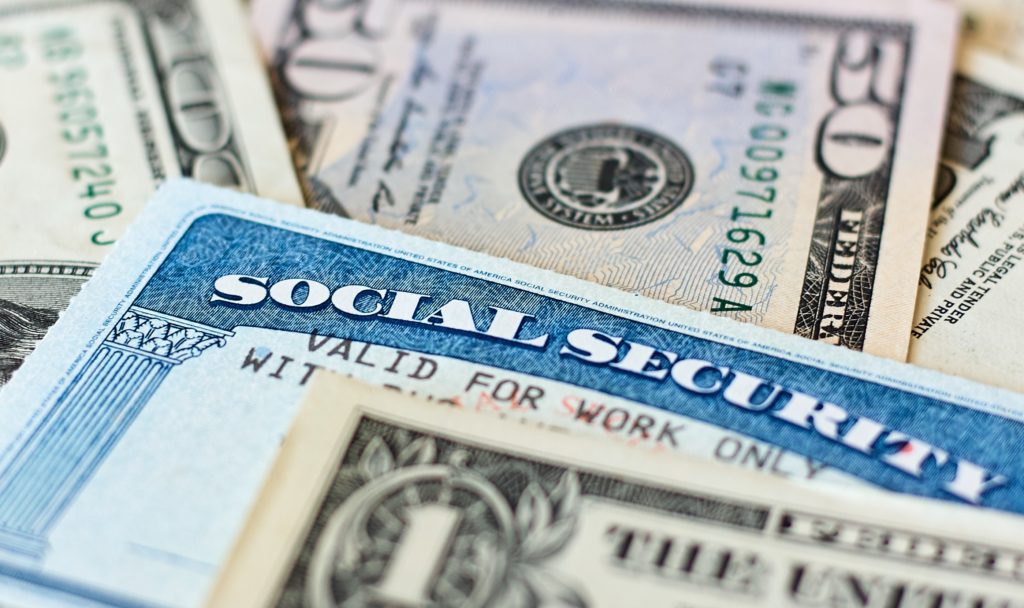
Lower payroll tax collection for Social Security
Perhaps the first and widest impact of COVID-19 on the Social Security program will be a lower payroll tax collection in 2020.
Currently, the payroll tax on earned income, including wages and salaries but excluding investment income, is 12.4%. This year, the payroll tax applies to all earned income between $0.01 and $137,700 while earnings above $137,700 are free of taxes. Due to all sorts of major events being canceled as well as people working from home, we’re going to see a snowball effect with workers making less income in 2020 unless the federal government does something to help them in these unprecedented times.
A paid-leave policy would be of great help, given that less income earned equals less payroll tax revenue collected by the Social Security program.
This is bad firstly because the payroll tax is Social Security’s power- engine. It helped generate $885 billion of the $1 trillion collected in 2018. Taxes on benefits and interest income on Social Security’s asset reserves added another $118 billion to the equation. Weaken the payroll tax collection and the Social Security implicitly gets weaken.
Secondly, according to forecasts of the Social Security Board of Trustees, 2020 will be the first time since 1982 that the program will expend more than it collects. The net-cash outflow was expected to reach around $4 billion in 2020, which doesn’t even come close to Social Security’s $2.9 trillion in asset reserves. However, if the earnings of American workers are seriously affected by mitigation measures undertaken to prevent the spread of coronavirus, the net-cash outflow could be much larger than expected in 2020.























